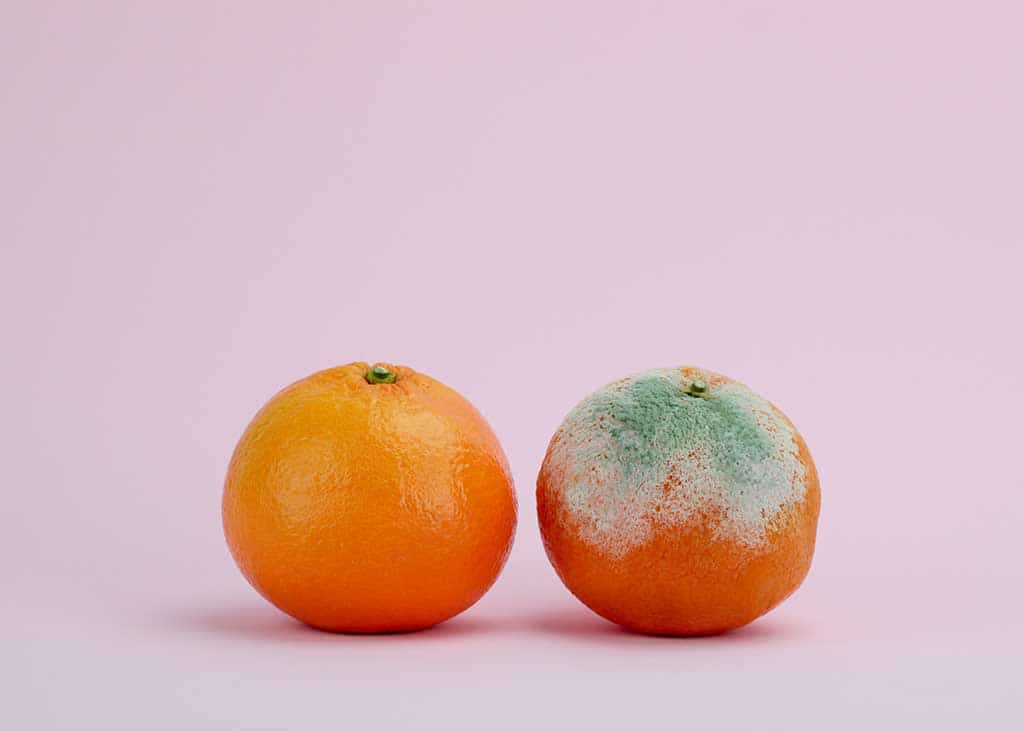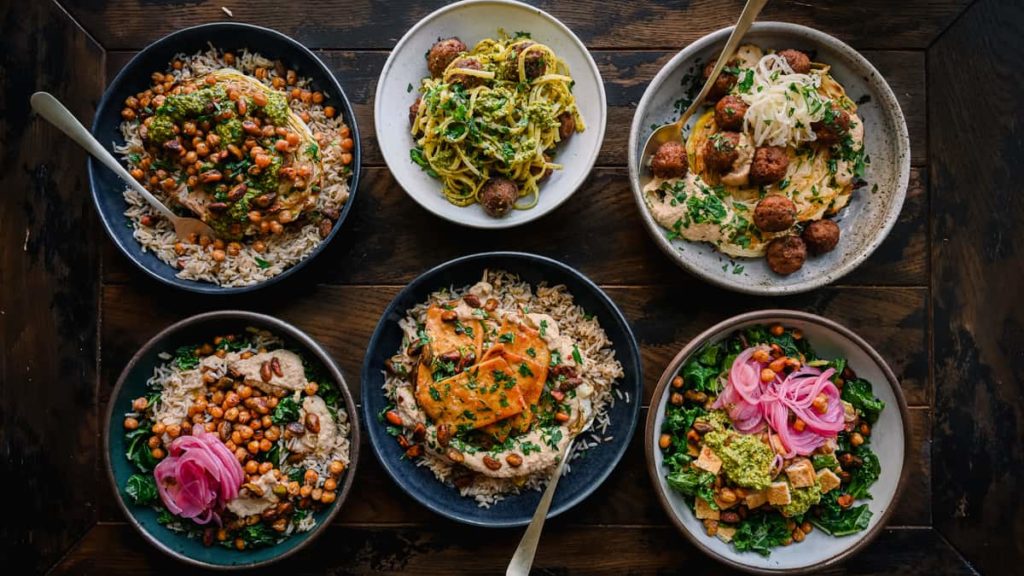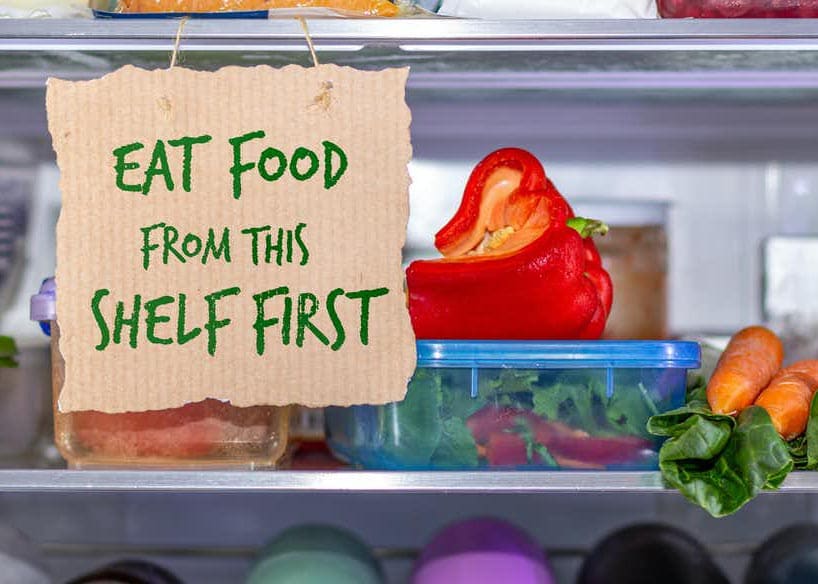Food waste is a topic I speak about a lot.
When asked how can we live more sustainably, I always say start with reducing your food waste because it’s one of the easiest ways to make a difference that costs nothing and will save you money.
So why is it important to reduce our food waste?
Around a third of all food produced worldwide ends up in landfills, and it doesn’t break down. Instead, it rots and produces methane, which of course, is a greenhouse gas. Meaning our food waste is contributing to climate change.
In Australia alone, we throw out about 2.5 million tonnes of food each year.
And when we throw out food, we’re also wasting labour, water, energy, and resources it took to get the produce from the farm to our table.

And money! Around a third of the food we buy is thrown away. It’s like buying three bags of groceries and then throwing one in the bin when you leave.
That’s around $3,000 worth of food per year per household!
Fortunately, there are lots of easy ways you can reduce your food waste – it’s mostly about rethinking how you shop and cook.

Image via Rainbow Plant Life
1. Plan your meals
The first step is to determine who you’re feeding and how many meals you need to make for the week. Then you’re going to research recipes, plan your favourites and write a list of meals – Breakfasts, lunches, dinners, and snacks.
Next, check your fridge, freezer, and cupboards to see what foods need to be eaten soon and what you already have on hand for the meals you have planned.
Now write your grocery list, and this is the most crucial part, stick to the grocery list! This will stop you from buying items you won’t use. Be wary of sales; remember it’s not a bargain if you don’t eat it.
If you have a household with kids or housemates whose weekly plans may change and they might skip dinner, plan meals that can be eaten the next day for lunch or frozen for later.
2. Store your food correctly
Storing your fresh produce correctly gives it the best chance for survival. Wash and prep your food as soon as you get home from the grocery store.
- Leafy greens can be kept in airtight containers with a tea towel or a paper towel to soak up the moisture.
- Carrots submerged in water will keep up to two weeks
- Keep broccoli, spring onions, and fresh herbs in jars or a glass of water – basil on the kitchen bench
- You can also store foods in airtight containers or produce bags
The goal here is to make sure the food stays fresh and lasts longer, so it gets eaten. I have lots of food prep and storage videos on Instagram if you need more inspiration.

Image via Unsplash
3. Eat me first
Create an ‘eat me first’ shelf or box for fresh produce, and designate a space in the fridge and pantry for foods that need to be eaten first. Studies have shown that this one small habit is the easiest and most effective behaviour in reducing food waste.
Make sure you store them at the front of the fridge, pantry or on the counter, so it’s the first thing you see when you open the door.
Storing your produce like this also keeps it out in front of you in the fridge instead of hidden at the back of the crisper drawer where it will be forgotten – you are more likely to eat what you can see.
Get into the habit of doing a weekly food stocktake and preparing a meal that combines food needing to be used up.
4. Freeze what you can’t eat
I live by the philosophy that almost everything can be frozen. Just make sure you store them properly in airtight containers, silicone pouches or glass jars.
- Fresh fruit that’s going bad to use in smoothies or desserts – I like to make smoothie bombs by blending fruit and spinach, pouring into icecube trays then storing in containers in the freezer – just add milk and blend for an easy and healthy smoothie
- Fresh herbs can be blended with water or olive oil and frozen to make flavour cubes
- Tomatoes cooked to make a pasta sauce
- Cook pumpkin and blend to make a soup – when storing in glass leave 2cm of space at the top to allow room for the liquid to expand when frozen
- Avocadoes can be frozen whole
- Chop onions and store in a silicone pouch or containers
- Beat eggs and freeze into portions
- Freeze yoghurt portions in muffin tins
- Bread as a loaf or in portions


